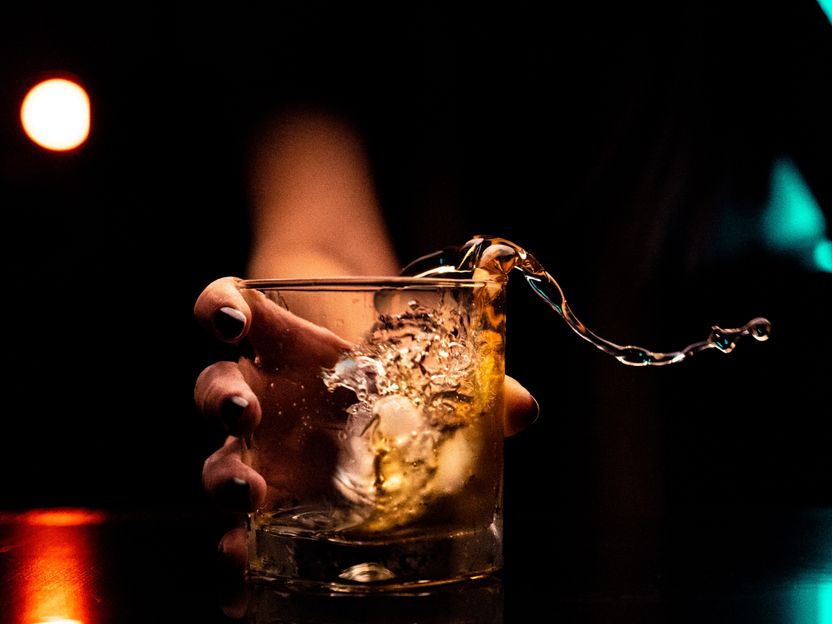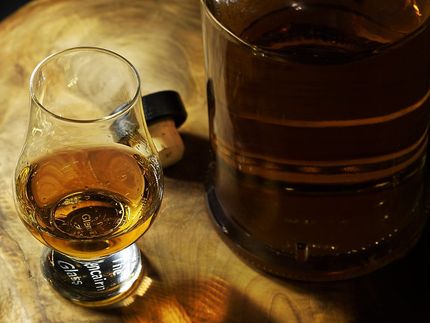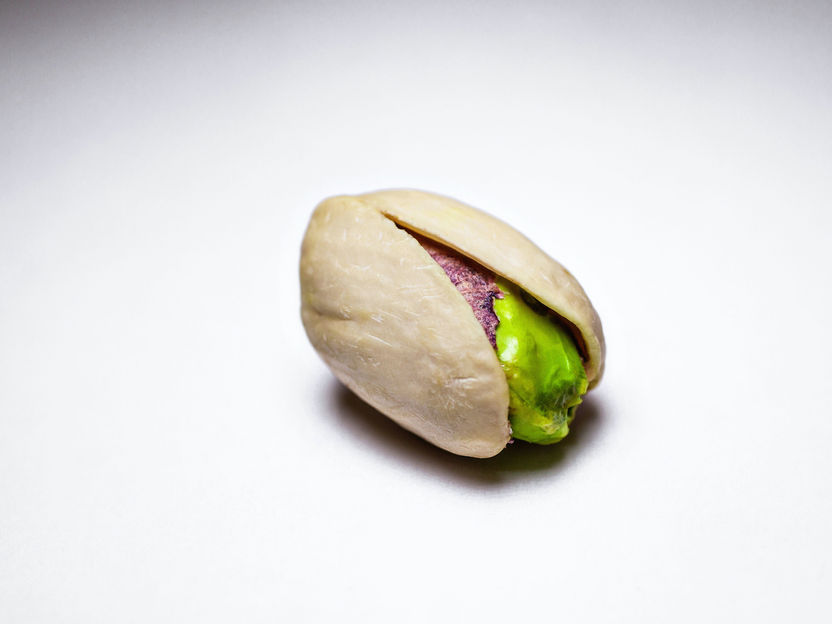Will dark spirits see dark times? How inflation is affecting alcohol sales
The spirits market has grown at a faster rate than beer or wine over the past five years as consumers are increasingly interested in higher-end spirits. While the pandemic negatively impacted the spirits market in the short term with the closure of bars and restaurants, many consumers upgraded their home bars throughout 2020, resulting in increased engagement in the spirits category.

Photo by Vinicius "amnx" Amano on Unsplash
The spirits market’s growth accelerated in 2021 and 2022 as consumers returned to bars, social events and vacations. Ready-to-drink (RTD) cocktails will only propel the market even further, as RTD cocktails compete in consumption occasions distinct from traditional spirits and act as an entry point into the wider spirits market.
An economic downturn could dampen the spirits market, especially as consumers reduce their bar/restaurant expenditures. However, many spirit companies have reported robust demand for premium spirits despite high inflation and increased economic uncertainty. Category consumers are often highly engaged with their favorite spirit brands, and will continue to purchase their preferred spirits even if they cut back on their total alcohol expenditures.
Consumers have grown more actionable in their behaviors during financial uncertainty
Compared to 2020, consumers are considering more thoughtful approaches to their alcohol purchases during times of financial uncertainty. Consumers are altering their food/beverage purchasing behaviors in response to rising inflation, and while spirits may be less prone to inflation-related challenges, consumers will likely reduce their spirit purchases if economic anxieties continue to rise. Brand trust is critical as consumers will remain loyal to their favorite spirit brands even if they reduce their total alcohol expenditures.
More than half of dark spirit consumers agree that they are flexible on a spirit’s price if it is a brand they trust. Stories around a brand’s heritage as well as messages centered on fun and inclusivity may build brand trust and loyalty.
Notable increases in the percentage of consumers who indicate they would buy what is on sale and visit stores that sell less-expensive alcohol indicates the inflationary concerns of 2022 are more worrisome to consumers’ financial wellbeing now than in 2020. Fortunately, stability among brand choice and an increase in choosing premium options over quantity means that financial concerns are less threatening for the spirits category.
Brand loyalty remains strong even with rising inflation
Among spirit consumers, nearly one third are willing to buy less alcohol when trying to cut back on spending if it means remaining brand loyal. Dark spirits drinkers are more likely than total alcoholic beverage consumers to stick to their preferred brand. The collectability and tradition of dark spirits is advantageous, as trading down poses less of a threat than in other alcohol categories.
Even more promising, this behavior remains stable across financial situations. Among consumers who identify their financial situation as healthy, OK and struggling/in trouble, almost a third in each category indicate that they would buy less alcohol but continue to buy their favorite brands. The stalwart nature of spirit consumers should escalate retention to a top priority among brands.
Unique experiences may spur trading up behaviors
Men under 45 are already highly engaged with the dark spirit category; brands should therefore focus on motivating these consumers to trade up to higher-priced dark spirit products. Trading up behaviors may naturally occur as younger men progress in their careers and earn more money, though economic concerns may dissuade some from purchasing expensive dark spirits. Brands therefore should position premium spirits as an opportunity for consumers to enjoy unique experiences, like the experience of sharing a premium spirit with friends, or the experience of connecting with other spirit enthusiasts.
While women under index as dark spirit consumers, those who do drink dark spirits are the core consumers of flavored whiskey. Flavored whiskies, as well as flavored-whiskey-based RTD cocktails products, may attract more women to the whiskey market.
What Mintel thinks
Consumers have become more confident in making choices when watching their budgets. After over two years of pandemic-related concerns and resulting economic troubles, many consumers have gained experience with levels of discomfort.
While consumers may reduce their total alcohol expenditures, the spirits category is marked by relatively strong brand affinity, and consumers will likely continue to purchase their favorite spirits for at-home consumption.
Brands should continue to foster engagement among core consumers and consumers who only occasionally purchase spirits. They can do that by providing a sense of fun during this period of economic uncertainty, creating unique experiences for brand enthusiasts, and sharing about the brand’s heritage while keeping its messages relevant for modern consumers.

































































